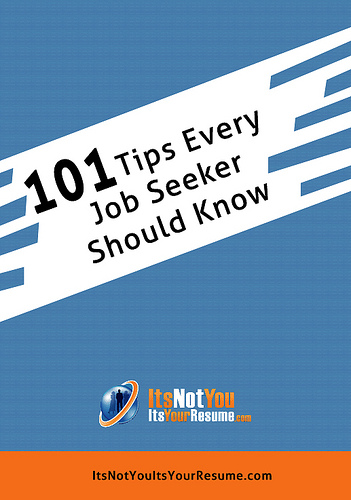The job market is making a slow recovery, and looking for a new job can be tough right now. Sometimes not working at all can seem better than being trapped in a stressful, low-paying job. In fact, you might be tempted to simply storm out without giving notice—though doing so could jeopardize your ability to maintain a good pool of references for a new job. Instead of just quitting, weigh your options and craft a plan with several possibilities.
If you are thinking about quitting your job, it might be best to ask yourself the following questions first:
What is prompting me to quit?
Are these reasons valid?
Are there alternatives to quitting?
What action should I take?
When should I take action?
How should I approach the situation?
Why quit?
Start by deciding why you want to quit your job. Minor irritation with coworkers or the stress of a new project aren’t valid reasons for leaving. As a general rule, you should set your standards fairly high when it comes to your breaking point. For example: if your boss asks you to get him a cup of coffee every morning when you’re busy with other tasks, this probably doesn’t meet the standard for leave. On the other hand, if your boss consistently asks you to work overtime and fails to appreciate your work, this is likely a valid reason to consider looking for other opportunities.
Any job you have will most likely interfere with your life—if it didn’t, it wouldn’t be a job, would it? But if your job consumes all your time and drains you of energy, you should be concerned. Sacrificing important personal projects or family events for your work can cause problems. Of course, any job will require sacrifices at some point, but your health and your family are two things that shouldn’t be included in this list.
What next?
After deciding why you should quit your job, you should determine when is the appropriate time to act. Before mentioning anything about quitting, you should stow away as much of your earnings as you can to prepare for the high probability of long term unemployment. You can even update your education in the mean time by enrolling in an online degree program, which can help put you in a better standing when it comes time to begin the job hunt. Once you have taken these precautionary measures, you’ll want to approach your resignation in the most professional manner possible.
Compose an official resignation letter and explain your reasons for quitting. You should be honest with your boss, but you don’t necessarily have to be blunt. For example, if you’re leaving because you feel undervalued at work and are looking for a better-paying job, you can express this by saying “I feel that my skills are better suited for a different field, and I would like to exercise these skills in a more challenging environment.” It’s possible that approaching the situation in a mature and professional manner may even cause your boss to accommodate your needs. At the very least, you can probably still use the job as a reference when heading back out into the job market.
Making the decision to move on from your current job will take patience, planning and a little courage. But if you’re honest with yourself and create reasonable goals, you can walk away from your current job and into a future you choose.
Jesse Langley specializes in writing about education, professional and person development, and career building. He writes on behalf of Colorado Technical University.
| Be sure to look for us on your favorite networks: |
|---|
 |
 |
|---|
| Visit Our Bookstore for Great Values! |
|---|
 101 Tips Every Job Seeker Should Know |
 The Ultimate Online Job Seekers eBook |
 10 Biggest Interview Mistakes |
 10 Biggest Resume Mistakes |
|---|
| Check out these hot articles! |
|---|






![Higher Learning Leads to Higher Earnings, Especially for Men [InfoGraphic] Higher Learning Leads to Higher Earnings, Especially for Men [InfoGraphic]](../4022/4340939642_374fbff6e3_m.jpg)








